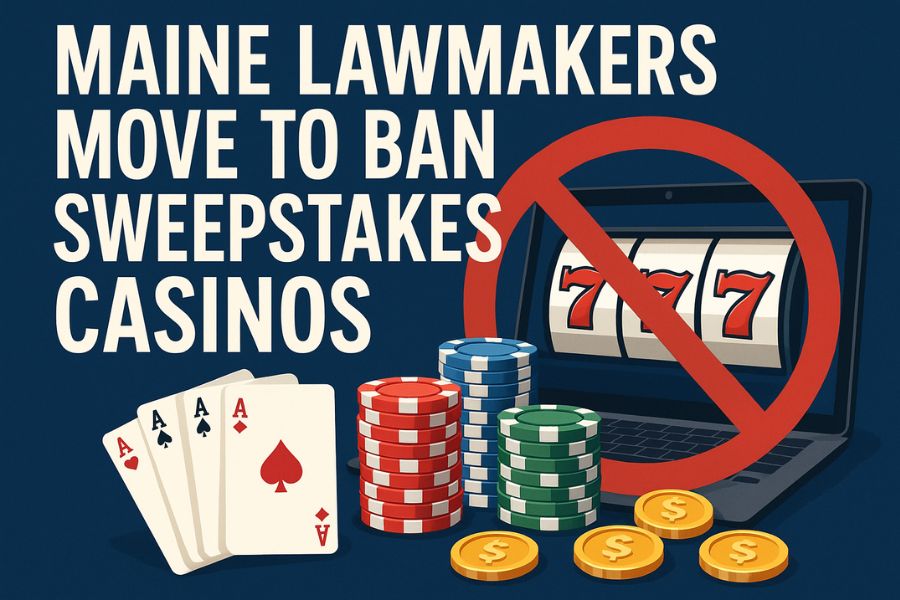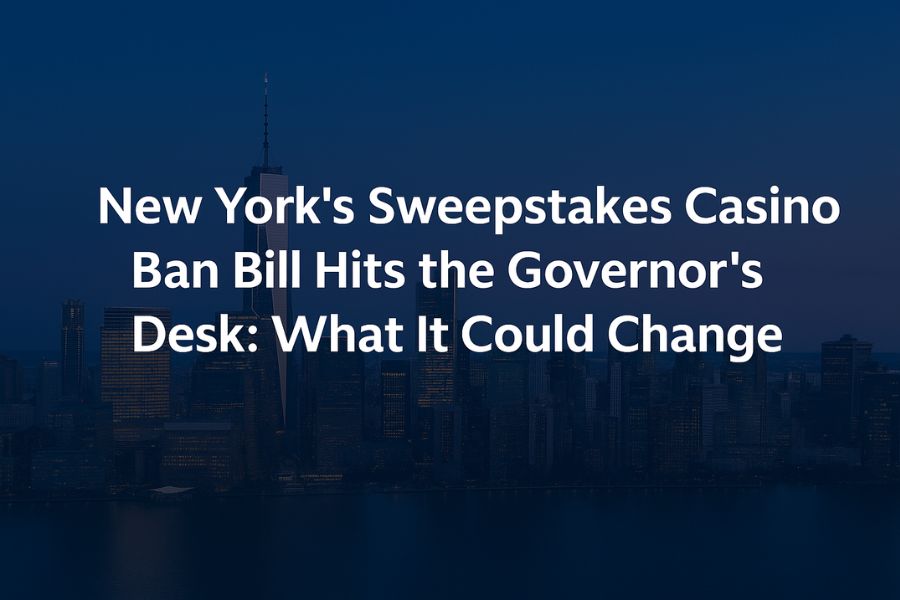Virginia leaders signaled they may add new rules for sweepstakes casinos after a Capitol meeting on October 20, 2025. At a joint subcommittee hearing in Senate Room B, Virginia Lottery chief Khalid Jones warned that unregulated online gambling “is not good.”
Lawmakers discussed using age verification like the state’s 2023 law for adult sites and hinted at broader steps, including licensing and enforcement. No bill is filed yet, but the tone suggested action as early as the 2026 session.
What Officials Said—and Where the Debate Stands
Speaking to the Joint Subcommittee studying a Virginia Gaming Commission, Jones said the Lottery is working within its limits to curb unregulated sites. He described two immediate tactics: pushing app stores to remove noncompliant sweepstakes apps and pressuring social media companies that carry their ads.
On enforcement, he said the Lottery coordinates with State Police and the Attorney General to target bad actors and warned the agency will be “more aggressive” going forward.
Several lawmakers focused on age checks. They pointed to Virginia’s 2023 law requiring ID verification for adult websites as a workable model. That law took effect July 1, 2023, and forced sites to block access without confirming a user is 18+.
Applying a similar gate to sweepstakes casino sites could keep minors out while longer-term policy is developed. Officials cautioned that age gates alone won’t address ads, fair play, or dispute processes.
Delegate Luke Torian urged the entire gaming industry—casinos, skill games, and online brands—to help draft solutions. He warned that if industry stays silent, lawmakers will write rules on their own, and companies might not like the result.
The subcommittee also heard from Cordish executives, who argued that online casino play can pull customers from retail floors. Cordish counsel Mark Stewart said the company even asked Pennsylvania to repeal its iGaming law, while operating there because it’s legal.
What Regulations Virginia Might Consider Next
If Virginia moves ahead, expect a two-track plan. Near-term steps could require robust age verification, clearer disclosures on coin systems and prizes, and limits on ads that reach children. Sites might also need stronger self-exclusion tools and links to help resources. These measures aim to reduce harm without shutting down lawful play.
Stronger rules would look more like full regulation. The state could license operators, require outside audits, and set taxes tied to revenue. Licensed sites would face formal complaint paths, transparent game rules, and periodic reporting so regulators can spot problems early.
Clear legal definitions would also draw a line between sweepstakes and gambling, especially for dual-currency models that offer cash redemptions.
Players would notice both friction and benefits. Sign-ups might require ID, geolocation checks, and more data. In return, users could get clearer odds, safer payments, and faster dispute handling. For operators, the upside is legal certainty and a stable market; the downside is compliance costs, taxes, and tighter promo controls.
Timing remains a key question. Lawmakers paused a broad iGaming push during the 2025 short session, with plans to revisit in 2026. Staff will likely refine options, take feedback, and decide whether to propose an age-gate bill first or debut a larger package.
Either way, the takeaway from Richmond was clear: the current gray area around sweepstakes casinos is unlikely to last.




